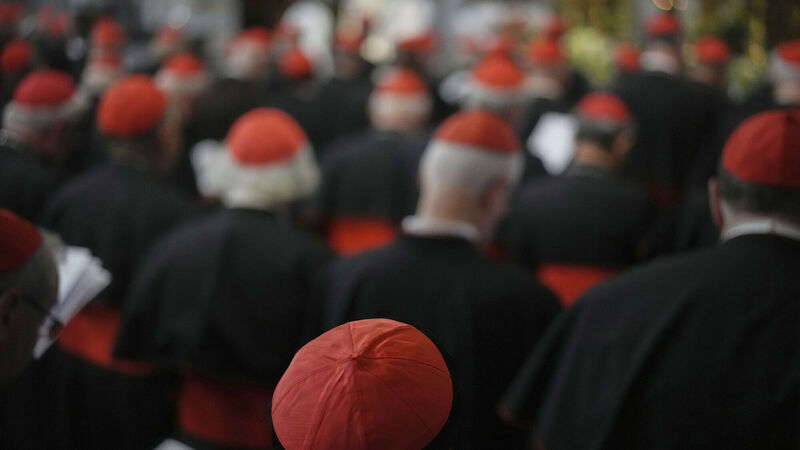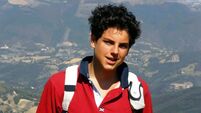Conclave to elect new pope will start on May 7

Cardinals pray in front of the grave of late Pope Francis. Picture: AP Photo/Andrew Medichini
Catholic cardinals have set May 7 as the starting date for the conclave to elect Pope Francis’s successor, delaying the secret voting for two days to help them get to know one another better and find consensus on a candidate before they are sequestered in the Sistine Chapel.
The cardinals set the date after arriving for the first day of informal meetings following Francis’s funeral on Saturday.














